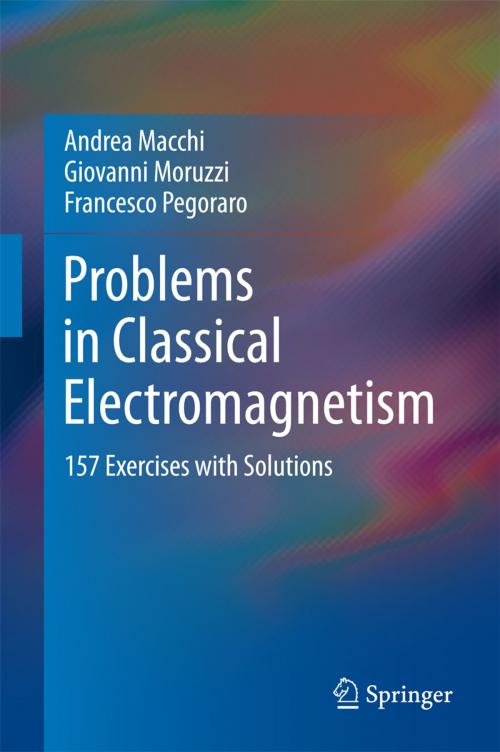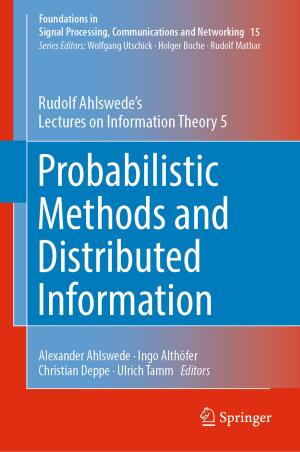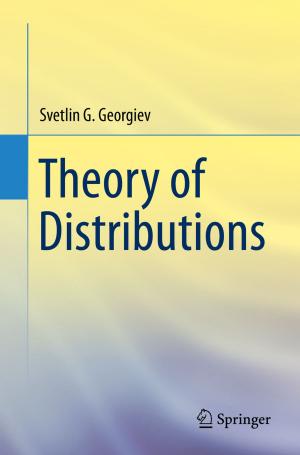Problems in Classical Electromagnetism
157 Exercises with Solutions
Nonfiction, Science & Nature, Science, Physics, Electricity, Biological Sciences, Molecular Physics| Author: | Andrea Macchi, Giovanni Moruzzi, Francesco Pegoraro | ISBN: | 9783319631332 |
| Publisher: | Springer International Publishing | Publication: | December 10, 2017 |
| Imprint: | Springer | Language: | English |
| Author: | Andrea Macchi, Giovanni Moruzzi, Francesco Pegoraro |
| ISBN: | 9783319631332 |
| Publisher: | Springer International Publishing |
| Publication: | December 10, 2017 |
| Imprint: | Springer |
| Language: | English |
This book contains 157 problems in classical electromagnetism, most of them new and original compared to those found in other textbooks. Each problem is presented with a title in order to highlight its inspiration in different areas of physics or technology, so that the book is also a survey of historical discoveries and applications of classical electromagnetism. The solutions are complete and include detailed discussions, which take into account typical questions and mistakes by the students. Without unnecessary mathematical complexity, the problems and related discussions introduce the student to advanced concepts such as unipolar and homopolar motors, magnetic monopoles, radiation pressure, angular momentum of light, bulk and surface plasmons, radiation friction, as well as to tricky concepts and ostensible ambiguities or paradoxes related to the classical theory of the electromagnetic field. With this approach the book is both a teaching tool for undergraduates in physics, mathematics and electric engineering, and a reference for students wishing to work in optics, material science, electronics, plasma physics.
This book contains 157 problems in classical electromagnetism, most of them new and original compared to those found in other textbooks. Each problem is presented with a title in order to highlight its inspiration in different areas of physics or technology, so that the book is also a survey of historical discoveries and applications of classical electromagnetism. The solutions are complete and include detailed discussions, which take into account typical questions and mistakes by the students. Without unnecessary mathematical complexity, the problems and related discussions introduce the student to advanced concepts such as unipolar and homopolar motors, magnetic monopoles, radiation pressure, angular momentum of light, bulk and surface plasmons, radiation friction, as well as to tricky concepts and ostensible ambiguities or paradoxes related to the classical theory of the electromagnetic field. With this approach the book is both a teaching tool for undergraduates in physics, mathematics and electric engineering, and a reference for students wishing to work in optics, material science, electronics, plasma physics.















